Life
Sign up for our newsletter
We summarize the week's scientific breakthroughs every Thursday.
-
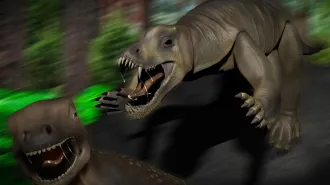 Paleontology
PaleontologyAn ancient hippo-sized reptile may have been surprisingly agile
The skull of an Anteosaurus, a hefty reptile with a large snout, hints that it may have moved fast for its day.
-
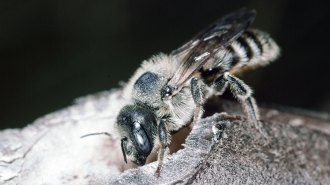 Animals
AnimalsBee larvae drum with their butts, which may confuse predatory wasps
Dual percussion instruments — one on the head, the other on the rear — give mason bee larvae a peculiar musical gift that may be a tool for survival.
By Jake Buehler -
 Health & Medicine
Health & MedicineThe latest Ebola outbreak may have started with someone infected years ago
Rather than stemming from a virus that jumped from an animal to a person, this outbreak might have originated from someone who had a dormant virus.
-
 Animals
AnimalsCone snail venom may trick mate-seeking worms into becoming meals
Cone snail venom contains worm pheromone mimics, suggesting the chemicals may be used to lure worms during hunting.
-
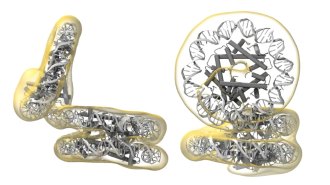 Microbes
MicrobesArchaea microbes fold, twist and contort their DNA in extreme ways
Single-celled archaea open and close their Slinky-like genetic material in a clamshell motion, possibly providing easy access to their genes.
-
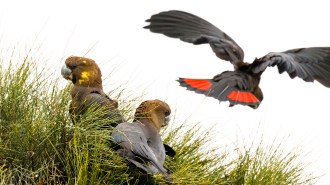 Animals
AnimalsA year after Australia’s wildfires, extinction threatens hundreds of species
As experts piece together a fuller picture of the scale of damage to wildlife, more than 500 species may need to be listed as endangered.
-
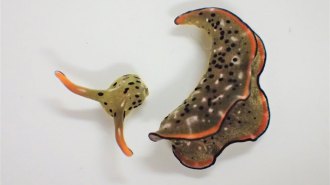 Animals
AnimalsA sea slug’s detached head can crawl around and grow a whole new body
Chopped-up planarians regrow whole bodies from bits and pieces. But a sea slug head can regrow fancier organs such as hearts.
By Susan Milius -
 Animals
AnimalsDelve into the history of the fight for Earth’s endangered creatures
The new book ‘Beloved Beasts’ chronicles past conservation efforts as a movement and a science, and explores how to keep striding forward.
-
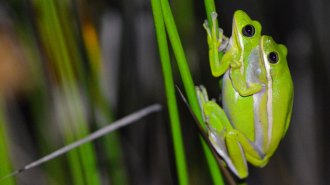 Animals
AnimalsFemale green tree frogs have noise-canceling lungs that help them hear mates
When inflated, female green tree frog lungs resonate in a way that reduces sensitivity to the sounds of other species.
-
 Neuroscience
NeuroscienceCatnip repels insects. Scientists may have finally found out how
The plant deters mosquitoes and fruit flies by triggering a chemical receptor that, in other animals, senses pain and itch.
-
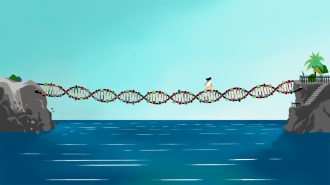 Genetics
GeneticsDNA databases are too white, so genetics doesn’t help everyone. How do we fix that?
A lack of diversity in genetic databases is making precision medicine ineffective for many people. One historian proposes a solution: construct reference genomes for individual populations.
-
 Materials Science
Materials ScienceThis soft robot withstands crushing pressures at the ocean’s greatest depths
An autonomous robot that mimics the adaptations of deep-sea snailfish to extreme conditions was successfully tested at the bottom of the ocean.